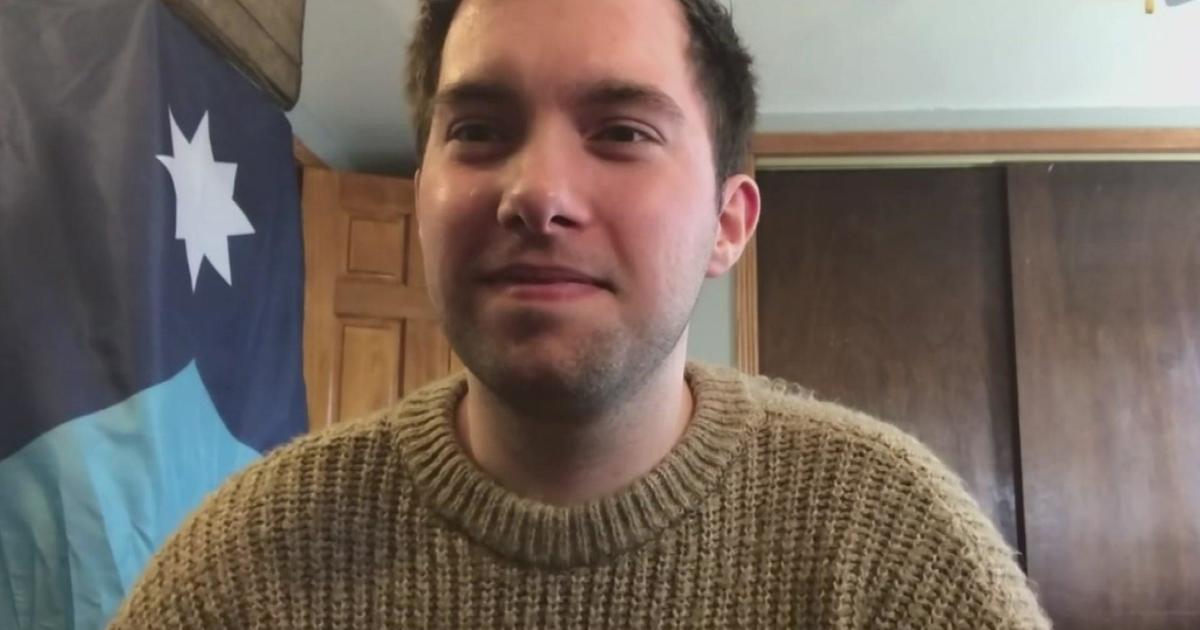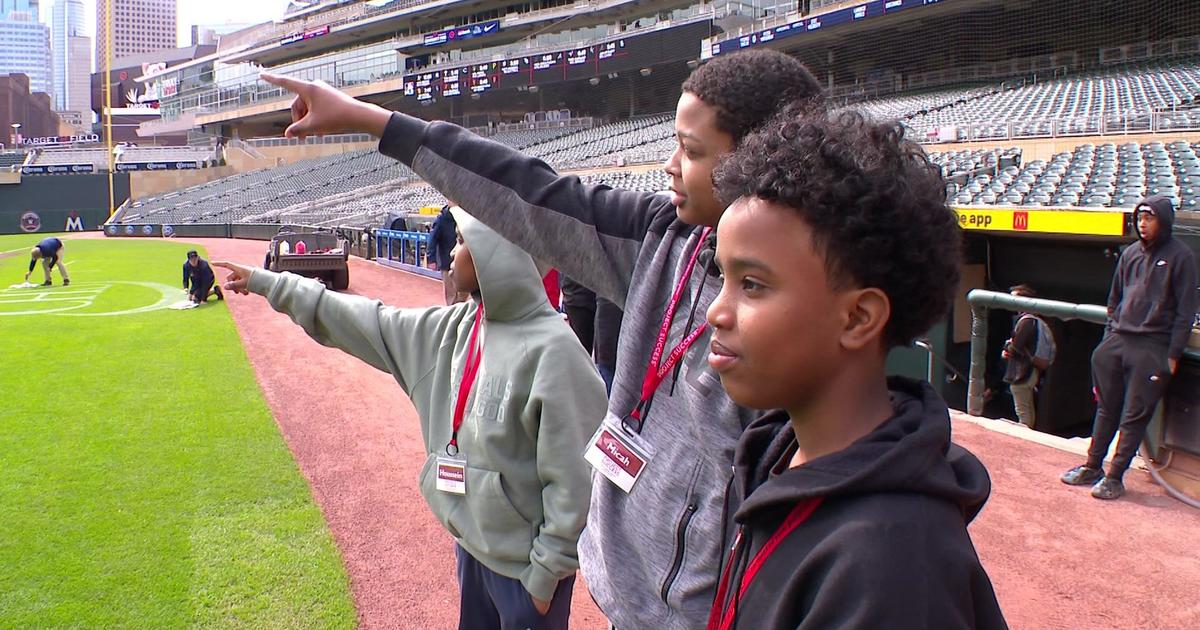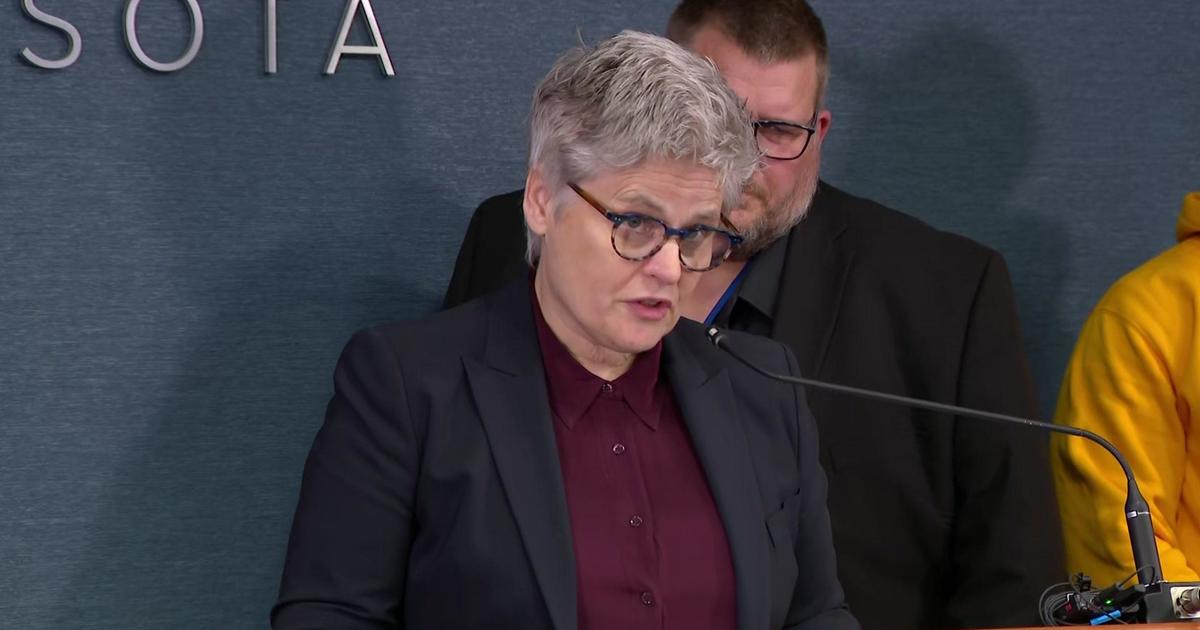Hopkins H.S. Teens Combat The Vaping Epidemic
MINNEAPOLIS (WCCO) -- Students at Hopkins High School are determined to help fix the vaping problem among teenagers, by calling it a mental health issue.
Two of the students who sat down with Gov. Tim Walz in October continued the conversation with WCCO's Christiane Cordero, to address the core of the issue and the ease of access. Two of Hopkins' school social workers also joined the conversation.
Claire Hering, a junior, said she started vaping to cope with other problems.
"I switched from many different things -- I had self-harm for a while, and I tried an eating disorder, which is another form of coping and control. And then I moved to vaping," Hering said. "All of them had some sort of effect that I got some sort of release out of, and I know a lot of kids feel the same way."
Hering no longer vapes, but described how challenging it was to quit. Fellow student Liv Steen said Hering's struggle is common among students who vape.
"It's not that they choose to be addicted," Steen said. "At some point, they did choose to do that, but they're not choosing to suffer."
The students urge parents and educators to look at it as a health issue rather than assuming stigmas like rebellion or defiance. Hopkins' professionals agree.
"There is a correlation between their mental health and their substance abuse. And nicotine is a substance," said school social worker Kelly Richey.
Hering said she got physically ill before eventually seeking help.
"I don't think a lot of the kids who are vaping right now want to be vaping every day, because it's expensive. You have to buy all the stuff by yourself," said Hering. "They keep doing it because they're addicted, and they can't buy the stuff to quit because they're not old enough. So what are they supposed to do? That's the situation I was in, and I had to talk to my parents, which was the most terrifying thing of my life."
People who want to buy cessation methods, such as nicotine patches, must be 18 years or older. Such is true for vaping devices, but Steen and Hering said getting access to those is much easier.
"I know less people that got it from older siblings than [those who] just went to the shop themselves," said Hering. "Honestly, it was just that shops don't care. Some kids look older than they are."
Holly Magdanz helps lead the student wellness group One Voice Coalition, and pointed to the district's starting point to finding a solution: collaborate with other schools and the Hennepin County health department, to better understand research, protocol and education.
"Schools are a very natural place for prevention and helping students, but it's unfair to peg this on administrators—that they're going to solve this problem—when they're dealing with so many issues in their buildings," said Magdanz. "I think it has to be kind of a communal approach."
Both Hering and Steen feel like students needing help are discouraged from asking for it—fearing suspension in some schools, or scolding from parents. Richey believes the perception can change with better education.
"Educating our young people at younger and younger ages," said Richey. "Sometimes we think we don't need to talk to them about that yet, because they don't really know what that is. I think realistically, what people are telling us is that they did know what it is when they were in junior high, and sometimes even sixth grade."



